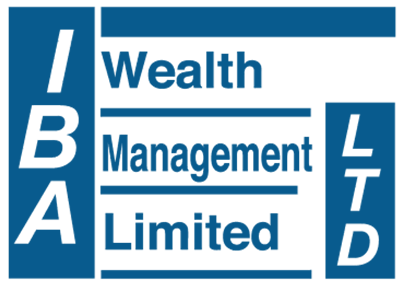Have a question?
Find answers to some of the questions asked most frequently by our clients
-
How much can I borrow?
Lenders assess affordability based on income, expenses, and creditworthiness.
-
What level of deposit is required?
A 5% deposit is often the minimum for standard residential mortgages, but larger deposits can lead to lower interest rates. Some mortgage options are available for lower deposits, and in certain cases, even with no deposit. Availability depends on individual circumstances.
-
What happens at the end of my fixed interest rate deal?
You'll need to decide whether to remortgage or switch to a new deal, potentially with a higher interest rate.
-
Why is protection important when financing property?
Mortgage protection policies ensure you can continue paying your mortgage if you become unable to work due to illness or injury, or if you die.
-
What types of protection are available?
Common options include life insurance, critical illness cover, and income protection.
-
How much should I budget for mortgage protection?
It depends on your individual circumstances and priorities, but basic policies can be affordable.
-
Can I take 25% of my pension tax-free every year?
No, you cannot withdraw 25% of your pension tax-free every year. The 25% tax-free lump sum is a one-time allowance that applies to the total value of your pension when you start taking it, not on a yearly basis. You can take the 25% tax-free lump sum as a single payment, or spread it out over withdrawals, but the 25% allowance only applies to the initial withdrawals from your pension pot. The remaining 75% of your pension, and any subsequent withdrawals, will be taxed as income.
-
When can I take money from my pension?
In the UK, you can usually access your personal or workplace pension money from age 55, although this is set to increase to 57 from April 2028. There are some exceptions, such as if you are retiring early due to ill health or if you had specific rights under your scheme joined before 6 April 2006. Additionally, you can take up to 25% of your pension as a tax-free lump sum, with the remaining 75% subject to tax.
-
Is it a good time to invest in a stocks and shares ISA?
There's no "best" time to invest in a Stocks and Shares ISA, but it's generally recommended to invest as early as possible, particularly if you have spare cash you don't need for the next five years. The key is to invest consistently and leave your money invested for the long term, as "time in the market, not timing the market" is crucial for growth.
-
ISA Allowance
Your annual ISA allowance is £20,000 per tax year, and this applies to all ISA types combined.

TAX TREATMENT VARIES ACCORDING TO INDIVIDUAL CIRCUMSTANCES AND IS SUBJECT TO CHANGE.
STOCKS AND SHARES ISAs INVEST IN CORPORATE BONDS; STOCKS AND SHARES AND OTHER ASSETS THAT FLUCTUATE IN VALUE.
TAX PLANNING IS NOT REGULATED REGULATED BY THE FINANCIAL CONDUCT AUTHORITY.

